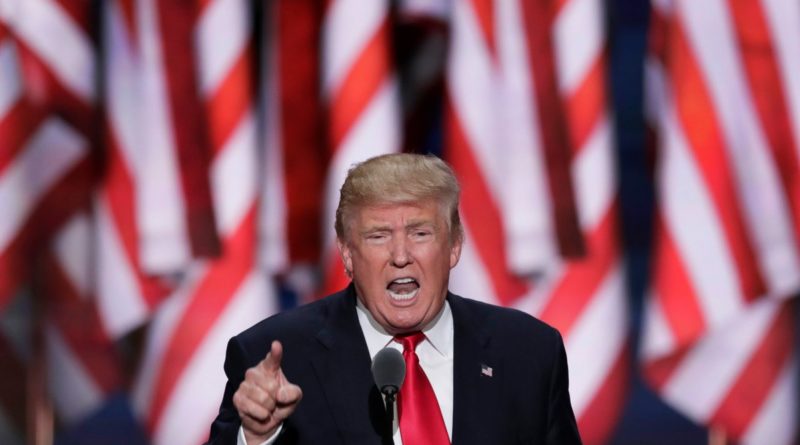A Mix of Free-Market and Protectionist Economy Under Trump’s Administration
Since President Trump’s inauguration in Jan. 2017, he has executed various economic policies with an aim to “make America great again.” Two of his trademark policies, which create tremendous controversy in society, are to promote corporate privacy through business tax reform and to protect the domestic economy by restricting trade with foreign countries.
First, Trump lowered taxes on American corporations from 35 percent to 21 percent. The administration expects to reduce tax burdens and create a free and favorable environment for businesses to grow. The hope is that companies with increases in net incomes may pay more compensation to their workers, which eventually will benefit the American middle-class. In fact, several big corporations announced their plans to provide bonuses and higher wages for their employees, including Starbucks, Disney, Verizon, Wells Fargo, and Bank of America.
As Bob Iger, CEO of Disney, shares, “We are directing approximately $125 million to our cast members and employees across the country and making higher education more accessible with the launch of this new program.”
Trump also plans to reduce various regulations for businesses in his attempt to promote privacy within corporations. He declared in his speech at the World Economic Forum in Davos, Switzerland: “I think the tax cuts are incredible. But I think the regulations, the cutting of regulations—because the businesses couldn’t even—they couldn’t do anything. They were totally bound.”
After the tax cut, Apple Inc. stated they plan to bring their operations overseas back to the U.S. and pay $38 billion in taxes. Tim Cook, CEO of Apple also promises to invest $10 billion in the upcoming years to create more domestic jobs and manufacturing centers in the U.S.
Despite some recently positive effects, some people suspect that the tax cut may prove dangerous to the national budget deficit. The policy is forecasted to reduce government revenues by $135 billion in 2018, which may lead the deficit to exceed $1 trillion and eventually add to the national debt.
Meanwhile, Trump’s policy focuses on restricting businesses from outsourcing and U.S. trade under the protectionist theory to place America first. In 2017, Trump renegotiated The North American Free Trade Agreement (NAFTA) with Canada and Mexico and withdrew from the Trans-Pacific Partnership (TPP). He has targeted other countries to import more American goods while restricting the import of foreign goods into the American market.
On Mar. 1, 2018, Trump announced his plan to impose a tariff of 25 percent on steel imports and 10 percent on aluminum. His goal is to promote steel manufacturing industry within the U.S. Since trade and outsourcing is viewed as a means of wasting human resources, the restriction on trade, to Trump, may create more jobs for the American middle-class.
However, Trump’s protectionist policies have received severe criticism. For example, the International Monetary Fund (IMF) warns on the steel proposal, “The import restrictions announced by the U.S. President Donald Trump are likely to cause damage not only outside the U.S., but also to the U.S. economy itself, including to its manufacturing and construction sectors, which are major users of aluminum and steel.”
Moreover, it is possible that these new initiatives will incur a damaging trade war, which will hurt global supply chains and transaction as well as the whole economy.

